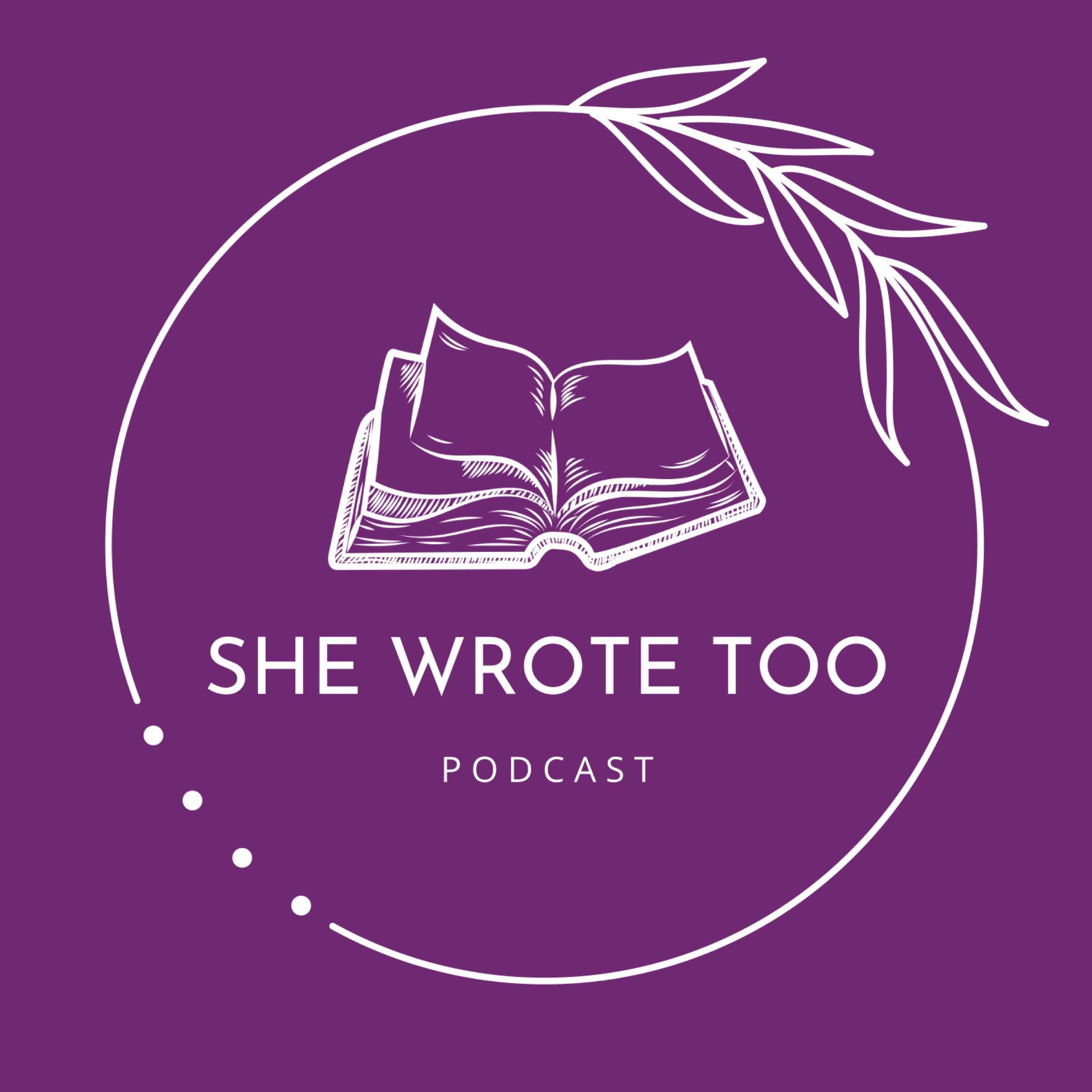Herland
Description
Welcome to the second of our podcasts in 2024, as we are now riding the fourth wave of feminism, we look back at the literature of the early days of the movement when women were writing - and writing very well in Victorian times and at the outset of the 20th Century - but were neglected by the canon as time went on. In this new series, we will be considering some of the reasons behind that - including deliberate sabotage campaigns.
In this episode, we are looking at the utopian novel by Charlotte Perkins Gilman, Herland (1915). This novel concerns the story of a feminist utopia and three men who embark on an expedition to discover this mysterious land populated entirely by women. The three men, Terry, Van and Jeff fly to explore this unique country in Terry’s plane. Terry is a wealthy, macho explorer who would describe himself as an alpha male. The different characters of the men are explored whilst they make discoveries about this island that is both populated and ruled entirely by women.
Unusually, the plot is not necessarily the most important aspect of this writing as it is an exploration of a wide range of ideas; patriarchy, feminism, power, environment, politics and many other sociological issues.
As a utopia, it invites comparison with our earlier episode of She Wrote Too in Sultana’s Dream by Rokeya Sahkawat Hossain - a novel which does not develop any men as characters.
About the auth
Charlotte Perkins Gilman (1860-1935) is probably best known for her short story The Yellow Wallpaper which tells the semi-autobiographical story of a woman suffering from severe post-natal depression, touching on psychosis. She is not a forgotten writer, but this particular novel rather lives in the shadow of The Yellow Wallpaper and we considered it was time that it was brought into the light.
Gilman had a turbulent early life with the departure of her father from the family, relative poverty and attendance at many different schools followed by a very mixed career which had, as its primary purpose, ways to bring in income - from soap-selling to illustration. She was a pragmatic, hard-working woman. Her talent and intelligence together with a little more of her family life and career are discussed in the podcast.
Book Club
This is the first in our SWT Book Club and we warmly invite you to get involved! You can join as club of one, you could start a new club (see our downloadable Hints sheet on tips for starting a book club) or you could let your existing book club in on this.
A complete list of this year’s books is available to download on the Book Club page so that you can pick and choose what you would like to be involved with. All of our podcasts from 2023 are still available to use and explore - so please help yourself!
Membership of the book club provides access to suggested topics of discussion, further articles and special features together with a discussion forum to share your thoughts. The membership level is just £5 a month - less than a coffee and brownie. Joining is so appreciated as it will assist us in being able to devote the time we need to develop this into a great resource that can be widely enjoyed.
Please do let us have your comments and suggestions or any questions that you may have about She Wrote Too.
If demand is there, we can run live book group meet-ups online for Book Club members, so let us know if you would like to take part in that.
We hope you enjoy this episode. Happy reading and listening!
This is a public episode. If you would like to discuss this with other subscribers or get access to bonus episodes, visit shewrotetoo.substack.com
More Episodes
Welcome to Agatha Christie month on She Wrote Too. In this episode, we speak with Dr Sarah Martin and Dr Jamie Bernthal who, with fellow academic Christie enthusiasts, run Golden Age Mysteries. They are both experts on all things Agatha Christie. Dr Martin has a PhD in female detective...
Published 11/01/24
Published 11/01/24
This month is a celebration of women artists - other than writers - as Caroline and Nicola visited the Tate Britain exhibition, Now You See Us.
It was striking that, as with women writers, women artists were often denied training or access to resources and dismissed as merely pursuing hobbies. ...
Published 10/01/24


